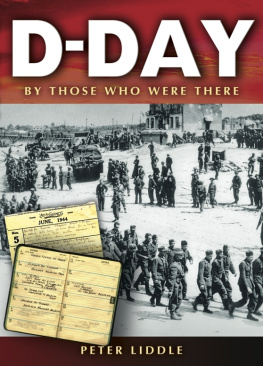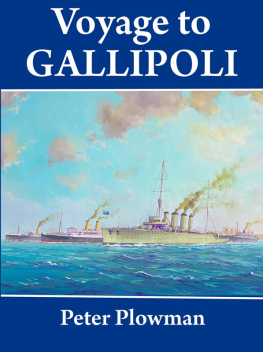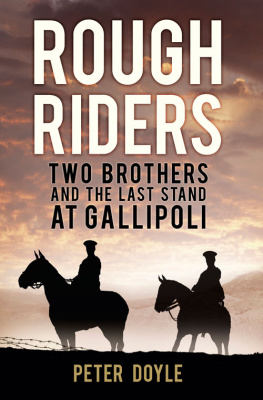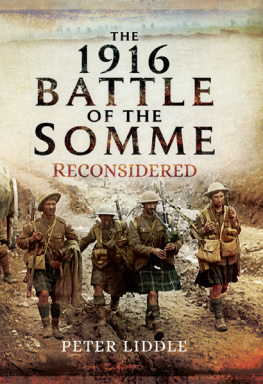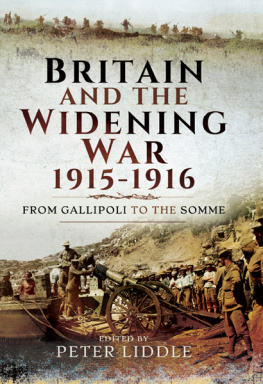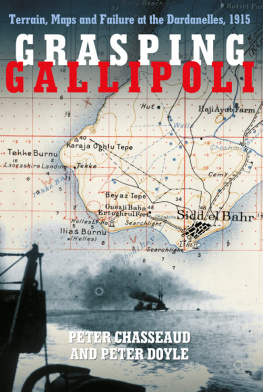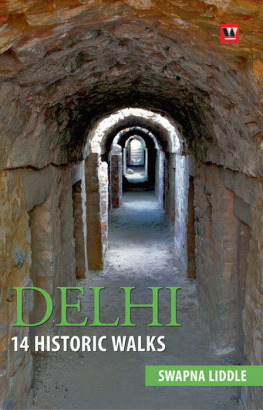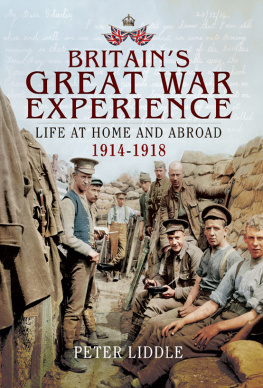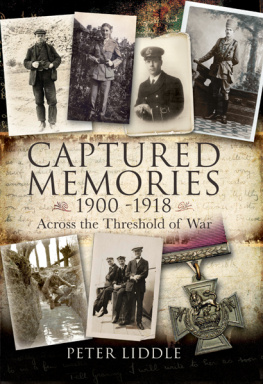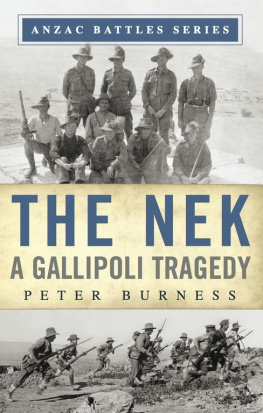First published in Great Britain in 2015 by
Pen & Sword Military
an imprint of
Pen & Sword Books Ltd
47 Church Street
Barnsley
South Yorkshire
S70 2AS
Copyright Peter Liddle 2015
ISBN: 978 1 78340 039 3
EPUB ISBN: 978 1 47385 109 2
PRC ISBN: 978 1 47385 125 2
The right of Peter Liddle to be identified as the Author of this Work has
been asserted by him in accordance with the Copyright, Designs and Patents
Act 1988.
A CIP catalogue record for this book is available from the British Library
All rights reserved. No part of this book may be reproduced or transmitted
in any form or by any means, electronic or mechanical including
photocopying, recording or by any information storage and retrieval system,
without permission from the Publisher in writing.
Typeset in Ehrhardt by
Mac Style, Bridlington, East Yorkshire
Printed and bound in the UK by CPI Group (UK) Ltd, Croydon,
CRO 4YY
Pen & Sword Books Ltd incorporates the imprints of Pen & Sword
Archaeology, Atlas, Aviation, Battleground, Discovery, Family History,
History, Maritime, Military, Naval, Politics, Railways, Select,
Transport, True Crime, and Fiction, Frontline Books, Leo Cooper,
Praetorian Press, Seaforth Publishing and Wharncliffe.
For a complete list of Pen & Sword titles please contact
PEN & SWORD BOOKS LIMITED
47 Church Street, Barnsley, South Yorkshire, S70 2AS, England
E-mail:
Website: www.pen-and-sword.co.uk
Contents
List of Plates
List of Maps
Acknowledgements
First, I renew my thanks to all those who made the forerunner of this book possible when it was published in 1976 Gallipoli veterans and their families in all corners of Britain, in Australia and New Zealand, in France, in Germany, in Newfoundland and in Turkey. I have clear memories of interviews, of documents, of generous hospitality and, more particularly abroad, of help given by people in all stages of life to enable me to plan logistically to meet men who were there and research in documentary collections. In a collective sense the Gallipoli Association in the United Kingdom, recently founded when I began my research, was invaluable in contacting British veterans and still today admirably keeps alive a consciousness of the importance of the campaign.
Second, Sunderland Polytechnic, now Sunderland University, was in so many ways supportive of the work I was undertaking in trying to rescue evidence of personal experience in the Great War, with Gallipoli being the initial focus. The enormous privilege of a sabbatical year and financial assistance, augmented by the Priestman Trust and the British Academy, enabled travel to be undertaken which otherwise could only have been wistfully imagined.
Third, with regard to the original research, I acknowledge appreciatively the help of staff in all the archives listed in the unpublished sources for this book. I cannot recall a single instance of disappointment in this respect and now I would like to add my thanks to Richard Davies and staff in Special Collections, the Liddle Collection, Brotherton Library, the University of Leeds, to Gavin J. Edgerley-Harris, Curator of the Gurkha Museum in Winchester, and to Mrs A.J. Tottle, a museum assistant there, to Larysa Bolton at the Manchester Regiment Museum in Ashton-under-Lyne, to Celia Green at the Regimental Museum of the Royal Welsh Regiment in Brecon, Colin Parr concerning the Dorset Yeomanry Regiment in the Keep Military Museum, Dorchester and the Wingfield Digby photograph collection there, Ian Martin at the Museum of the Kings Own Scottish Borderers, Berwick, Colonel Mike Glover and Sarah Stevenson at the Museum of the Lancashire Fusiliers in Bury, and Lynda Powell, at the Museum of the Green Howards in Richmond, Yorkshire. Some of these museums, despite the evident achievements of staff and volunteers in display to the public, in conservation and in the excellence of service to researchers, are run on a shoestring in one extraordinary case without that shoestring. Our order of priorities in times of financial constraint will never win universal agreement but in important affairs, our defence as a nation most notably, we have an embarrassingly poor record of leaving things until it is almost too late. It may be ineffectual for an historian to challenge national, regional and local authorities by suggesting that the failure to show interest in, and respect for, our past, is no way properly to manage our present nor sensibly prepare for our future, but is this not the case?
I thank John Prust for access to his personal collection of photographs, and most particularly Matthew Richardson, in the Manx Heritage Centre, a former colleague and long-time friend, for shrewd advice and for providing me with material which would otherwise have been beyond my reach.
The idea of reconsidering the original Men of Gallipoli came from my more recent publishers, Pen and Sword. Rupert Harding of Pen and Sword has given me every help. I have thoroughly enjoyed the challenge and have appreciated the opportunity. I am happy to express my gratitude to Pen and Sword editor Stephen Chumbley for his eagle-eyed, sound observations throughout his examination of the text.
Finally and more personally, when Men of Gallipoli was written thirty-seven years ago, my then wife, Sheila, and our children, Steven and Alison, had lived with Gallipoli. Sincerely I thank them for their support and forbearance beyond the call of duty comes uncomfortably to mind. Now, in this new book, I have been blessed in the presentation of the text by my wife, Louise, who, over many years, has made so many tasks achievable and so much happiness assured.
To all those who have helped me I remain grateful. It is my hope that this reconsideration of the campaign captures the essence of the Dardanelles/Gallipoli experience and that it makes fair judgements. The book is dedicated in affectionate respect to the memory of so many Gallipoli men who became friends.
Peter Liddle,
Mickley,
North Yorkshire.
December 2013
Introduction
Within my work to rescue personal experience evidence of the First World War, my first concentrated attention was drawn to the Gallipoli Campaign. My books on Gallipoli, three in all now, grew out of that special focus and commitment to the experience of the men who served on the Peninsula or in the surrounding waters. From 1967 I had been endeavouring to track down these men in the United Kingdom, in France, Australia, New Zealand, Eire, Newfoundland, and in Turkey, Germany and Austria. Quite apart from the intense fascination of meeting Gallipoli men, research in each country seemed to offer rich food for thought; the reporter in Australia who as I arrived at a State airport terminal greeted me with the challenge in unmistakable accent: Gallipoli, yes, where Churchill sent the expendable colonials! Then in France, amidst the warmth of a gathering with senior naval officers who had served as young men in the Dardanelles, the chill in the air when, thoughtlessly, I turned to ask about their experience in the Second World War.
The research took me to France four times, to Australasia and to Turkey. With the help of agencies, notably the Gallipoli Association in Britain, and individuals, I managed to contact 650 or so veterans who provided me with original diaries, letters and photographs, as well as recollections of their service. A complete list of these men appears at the end of the book.
From the first, my intention was to build an archive for posterity of the material being collected and then to use it in a book which would faithfully portray the experience of the young officers, soldiers and naval ratings serving on and around the Peninsula. Both intentions were in due course accomplished; the book,


